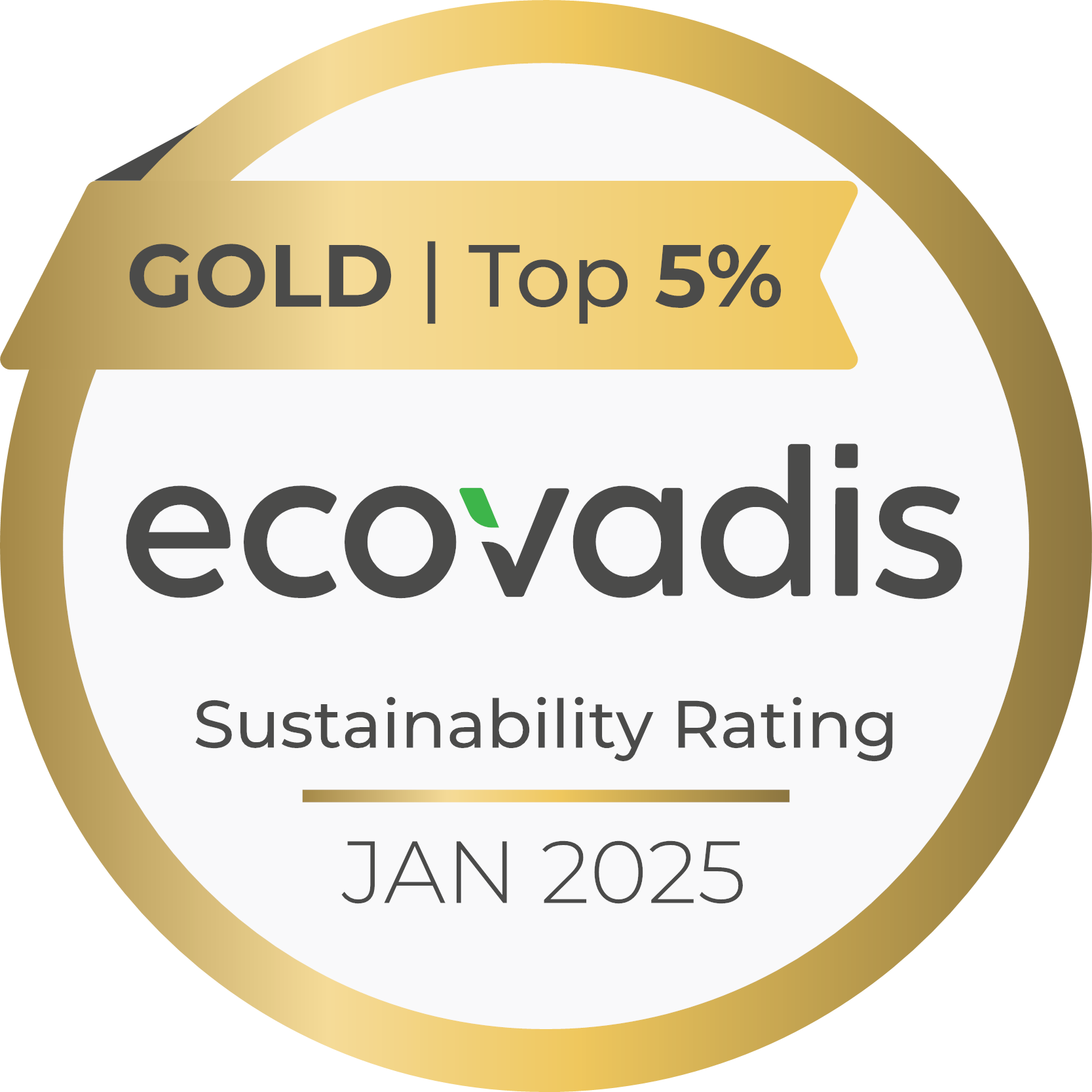Water efficiency: the key to delivering financial and environmental savings
25 April 2025 Reading time: 5 minutes
Why is water efficiency so vital?
Following the price review, which concluded in December 2024, wholesale water prices in England are increasing from 1 April 2025 – and quite significantly in some regions. While the wholesale price makes up the largest proportion of water charges, businesses can mitigate some of the impact by reducing their water consumption.
In addition, there is a strong case for reducing water use for environmental purposes too. We know that we’re already facing water shortages within the UK as a direct consequence of population growth and climate change and this is only set to worsen if we don’t change the way we use water.
These two factors combined means there’s never been a better time for businesses to identify ways to reduce their water use.
Understanding your water use
As a first step, businesses need to understand how much water they are using across their estate. In recent years, reporting tools have become more sophisticated and go far beyond simply monitoring water use. Our PowerBI reporting suite, for example, which includes our new Intelligent Water Management (IWM) system, enables us to analyse customers consumption data to identify anomalies, send high consumption alerts, track the carbon impact of water use, benchmark consumption across sites, and spot opportunities for water efficiency and meter rightsizing savings on a site-by-site basis. All of this is then visually displayed so customers can easily understand and take ownership of their water use.
And while reporting alone won’t reduce consumption levels, it’s an important first step to help identify opportunities, address issues and drive the right behaviours.
Achieving savings
Once you know how much water you’re using, there are then lots of ways to make water reduction savings, with some of the ways highlighted below:
Leak detection
One of the most effective ways to detect hidden leaks is through water monitoring devices such as Automated Meter Readers (AMRs). These devices provide almost real-time remote monitoring to help businesses track their consumption levels and identify any water spikes before they become a serious issue. The use of AMR technology recently helped Network Rail save over £100,000 in unnecessary water costs by quickly identifying a hidden leak at a rail depot in Edinburgh. By resolving the issue the company not only saved money but also reduced their carbon use by over 1.24kh per hour.
Installing water efficient devices
By installing water efficient devices in bathrooms and kitchens, including tap aerators and low-flow shower heads, you can achieve immediate savings. We have a wide range of effective products available to purchase through our online water efficiency shop, all of which are easy to install.
And it’s worth remembering that reducing water use can lower energy costs too. Approximately 20% of a gas heated home’s heating bill comes from water used for showers, baths and the hot water tap. If you then consider the amount of hot water used in businesses, such as hotels, hospitals, gyms and large industrial sites, the link between using less water and reducing energy bills becomes clear.
Recycling the water you’re using
You may also want to consider recycling some of the water you’re using. While not applicable to all businesses, rainwater from roofs or large paved areas (e.g. car parks) can be recycled and used for toilet flushing, vehicle washing or watering outdoor spaces. Similarly, waste water from sinks and showers can be recycled and used for flushing toilets or watering grounds.
Exploring funding options
For those businesses that are struggling to fund water efficiency interventions, there are opportunities out there to receive funding support for projects. We’re working in partnership with water wholesalers to deliver water efficiency projects – where the funding is provided by the wholesaler and we deliver the interventions. As an example, we recently worked with water wholesaler, Severn Trent, to provide water efficiency audits for free to businesses based in the Midlands as part of Severn Trent’s Green Recovery programme. If you haven’t already, it’s worth exploring if any such projects are running in the regions you operate in.
Take ownership through water stewardship
Finally, if you’re looking to develop a long-term water reduction strategy or to demonstrate your commitment to responsible environmental practice, then you may want to consider a water stewardship programme. We’ve developed one in partnership with 20Fifty, for our large, multi-site customers. The programme provides businesses with water efficiency training to equip them with the skills to identify and deliver water saving opportunities across their operations, with all participants earning an accreditation on completion.
Conclusion
Water efficiency is an effective way to deliver environmental and financial savings – which has never been more needed given the forthcoming price increases and current climate crisis. If you haven’t already considered how you can drive greater water efficiency within your own operations, then now is the time to do so.
And we’re here to help. There are lots of ways to track water use and help to identify and deliver water savings. If you’d like to speak to us about any of the solutions listed above, please get in touch by emailing Solutions@business-stream.co.uk or if you’d prefer to speak to one of our friendly advisers, call us on 0330 123 2000. Our opening hours are Monday to Friday, 9.00am to 5.00pm.





